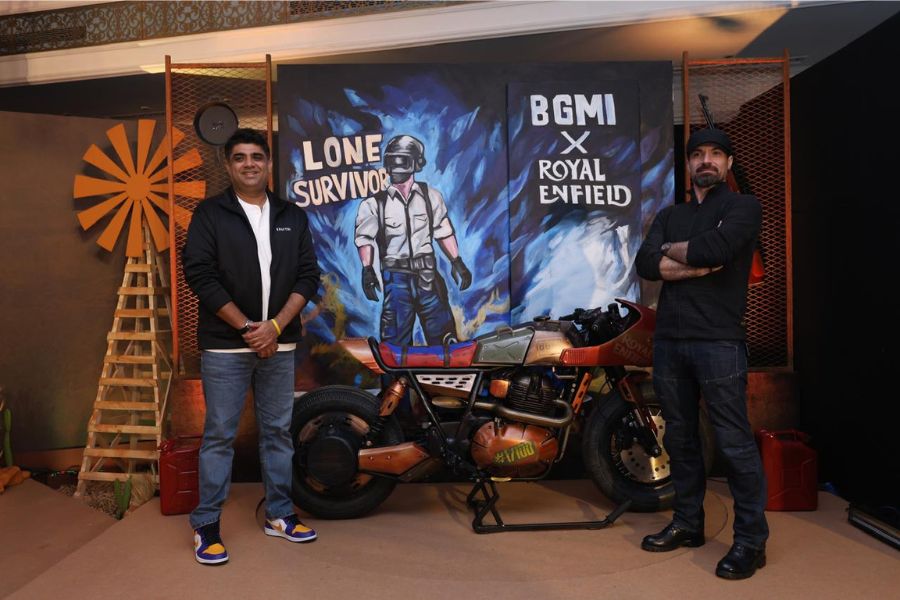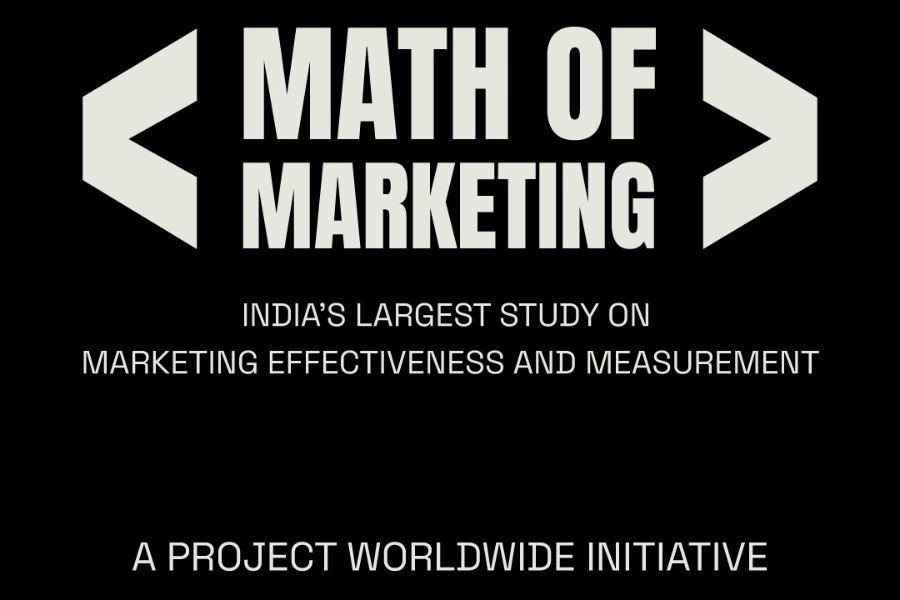Recently, I was on a panel of top advertising people - the topic was the future of advertising.
The person on my left started out with: "The age of interruption is over, it is now the age of engagement."
Everyone else nodded along as if it was almost too obvious to mention.
But is it?
How do you engage someone unless you interrupt them first?
Or maybe I’m old-fashioned.
Maybe people are sitting by their TVs and iPhones desperately waiting to lap up any messages coming from any brands.
If that’s true, then of course we don’t need to interrupt them.
But somehow I can’t shake the feeling that ordinary people’s lives don’t revolve around advertising.
That their attention is on other things.
So if I want their attention, I have to interrupt them.
Of course, I have to interrupt them in a way they enjoy.
If they don’t enjoy it, they’ll ignore it, and I won’t interrupt them at all.
But, assuming they enjoy the interruption, I can engage with them.
Interruption is there for that purpose.
Bertolt Brecht knew that.
Brecht was the most influential playwright of the 20th century.
The first man to change the model of what theatre was for.
For hundreds of years, theatre had been about escapism, to encourage people to "lose themselves" in a story.
But Brecht thought theatre should compel people to think, to act.
For that, they’d need to pay attention throughout the play.
And they can’t do that by "losing themselves" in the story.
Brecht would interrupt the audience to constantly remind them they were watching a play.
The actors spoke directly to the audience, they’d wander offstage, they’d even change character during the play.
Anything to make the audience stay awake and pay attention.
To remember this is a play with a message.
Not just something to wash over you and forget when it’s finished.
But advertising hasn’t learned anything from Brecht.
Most people in advertising can’t do interruption well, so they pretend the answer is not to do it at all.
"Content" and "native advertising" are about pretending that we are not advertising.
Basically, we must be ashamed of advertising.
But if we don’t think advertising works, why do we do it at all?
Why don’t clients just save their money?
Unless there is an alternative.
Here’s a radical thought: how about not being ashamed of advertising?
How about interrupting people in a way they can enjoy?
Years ago, I used a picture of a chair in a lecture.
I explained to the audience what was good about the chair: the materials, the design, the fabric, the manufacturing process.
I asked if any of them had ever seen a chair like it before.
Not one of them had.
Then I asked them to look at what they were sitting on.
Every chair in the room was the one in the picture.
They were intimately involved with the chair via their bottom.
But the only "engagement" any of them had with it was the picture I was showing them.
Because it interrupted them in order to engage their attention.
Whereas the real-life chair didn’t interrupt them so it was ignored.
Thackeray said: "We must make the familiar new and the new familiar."
That’s the purpose of interruption.
Dave Trott’s book, One Plus One Equals Three, is out now
(The article first appeared on CampaignLive.co.uk)




